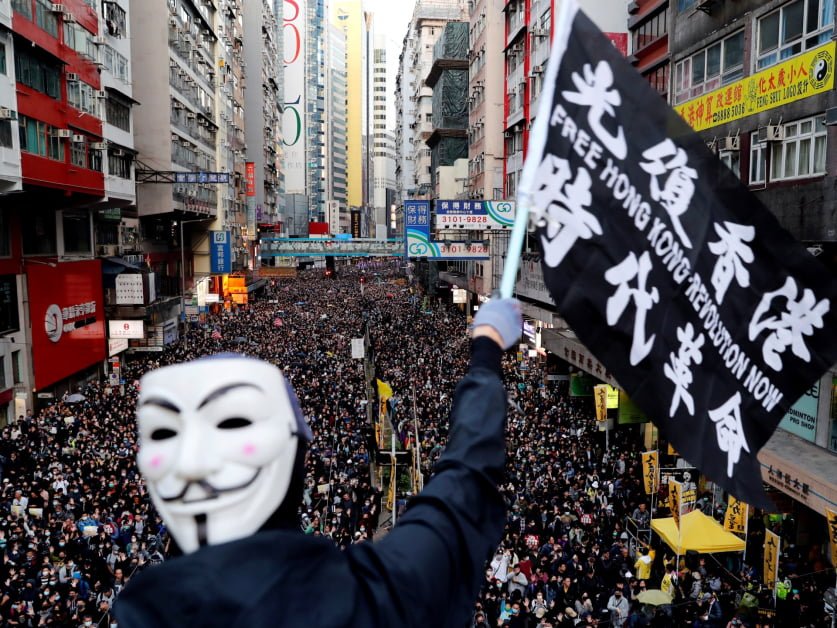The Controversial Ban on “Glory to Hong Kong” Protest Anthem
In a bold move by a Hong Kong court, the widely popular protest anthem “Glory to Hong Kong” has been banned. This anthem, symbolic of the city’s pro-democracy movement, has been labeled as subversive by the authorities. The decision to ban this anthem has ignited fury among supporters of the movement and has raised serious concerns regarding freedom of expression in Hong Kong. Let’s explore the implications of this recent development and its impact on the ongoing fight for democracy in the city.
The Ban on “Glory to Hong Kong” and its Implications
An appeals court in Hong Kong has recently prohibited the dissemination and reproduction of the protest anthem “Glory to Hong Kong” on internet-based platforms. This ban, issued on Wednesday, came as the authorities in the territory aimed to remove the anthem from search results and content-sharing platforms.
The anthem features defiant lyrics, including the rallying cry “Liberate Hong Kong, revolution of our times,” which has been a source of controversy. Judge Jeremy Poon, ruling in favor of the authorities, stated that the composer intended the anthem to be a “weapon” and emphasized its role in fueling the violent protests that have plagued Hong Kong since 2019.
The injunction aims to prevent acts such as broadcasting and performing the anthem with malicious intent, as well as urging internet companies to remove any videos related to the anthem that could incite unrest. While the ban targets those promoting Hong Kong’s separation from China and misrepresenting the anthem, it exempts legitimate journalistic and educational activities.
Critics have argued that the ban further restricts freedom of expression in the aftermath of China’s crackdown on the 2019 protests in Hong Kong. They have also raised concerns about the potential impact on tech companies and the city’s status as a global business hub.
International Response to the Ban
Following the court’s decision, Amnesty International’s China Director, Sarah Brooks, condemned the authorities’ campaign to ban the anthem as “ludicrous and unlawful.” She emphasized that singing a protest song should never be considered a crime or a threat to national security, as claimed by the government.
Despite the ban, “Glory to Hong Kong,” credited to “Thomas and the Hong Kong People,” remains accessible on platforms like Spotify and Apple Music in both English and Cantonese. While some videos and renditions of the anthem are still available on YouTube, Google, Spotify, and Apple have refrained from commenting on the issue.
The Hong Kong government’s legal battle to enforce the ban began when Google resisted displaying China’s national anthem instead of the protest anthem in search results. The government’s appeal argued for judicial support in implementing necessary measures, citing concerns about preserving the city’s anthem and national symbols.
Looking Ahead
As the controversy surrounding the ban on “Glory to Hong Kong” continues, the debate over freedom of expression in the city intensifies. The implications of this decision on Hong Kong’s democratic aspirations and global reputation remain uncertain. The clash between authorities and activists underscores the ongoing struggle for civil liberties and autonomy in the region.


